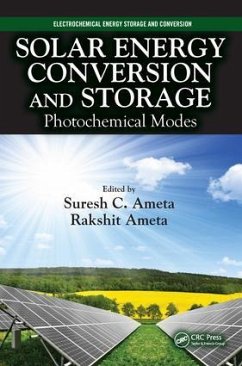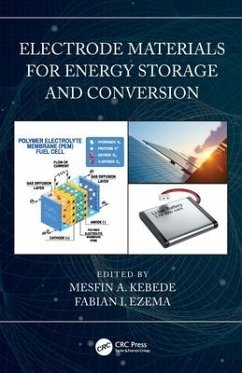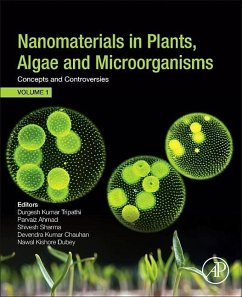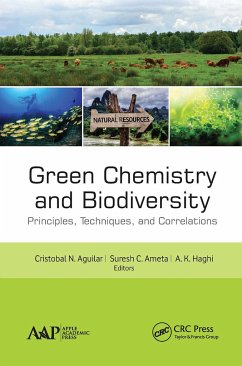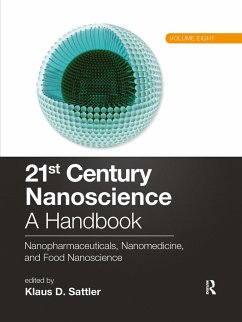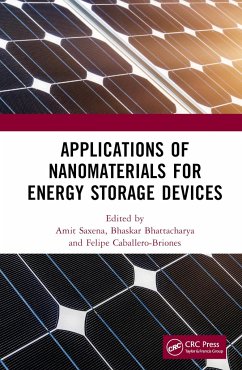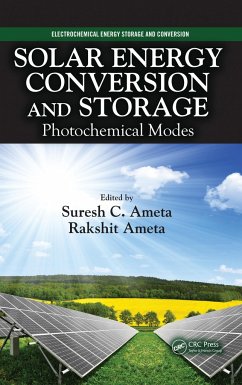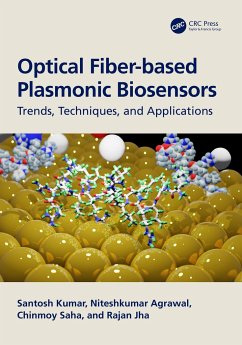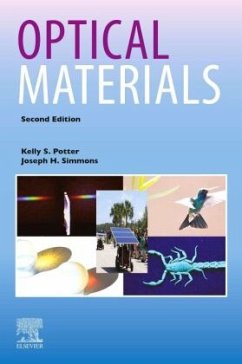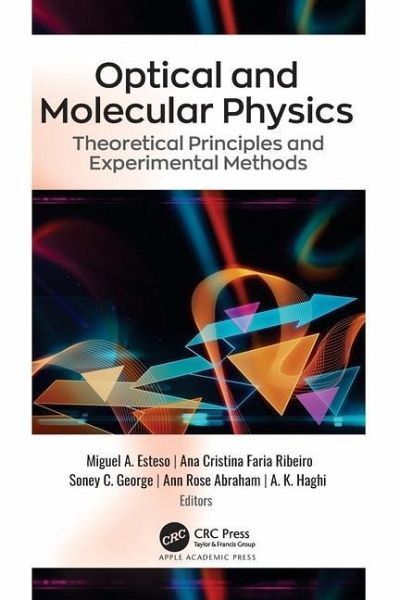
Optical and Molecular Physics
Theoretical Principles and Experimental Methods
Herausgegeben: Esteso, Miguel A.; Faria Ribeiro, Ana Cristina; George, Soney C.; Abraham, Ann Rose; Haghi, A. K.
Versandkostenfrei!
Versandfertig in 6-10 Tagen
89,99 €
inkl. MwSt.
Weitere Ausgaben:

PAYBACK Punkte
45 °P sammeln!
Optical and Molecular Physics: Theoretical Principles and Experimental Methods addresses many important applications and advances in the field. This book is divided into 5 sections:Plasmonics and carbon dots physics with applicationsOptical films, fibers, and materialsOptical properties of advanced materialsMolecular physics and diffusionMacromolecular physicsWeaving together science and engineering, this new volume addresses important applications and advances in optical and molecular physics. It covers plasmonics and carbon dots physics with applications; optical films, fibers, and materials...
Optical and Molecular Physics: Theoretical Principles and Experimental Methods addresses many important applications and advances in the field. This book is divided into 5 sections:
Plasmonics and carbon dots physics with applicationsOptical films, fibers, and materialsOptical properties of advanced materialsMolecular physics and diffusionMacromolecular physics
Weaving together science and engineering, this new volume addresses important applications and advances in optical and molecular physics. It covers plasmonics and carbon dots physics with applications; optical films, fibers, and materials; optical properties of advanced materials; molecular physics and diffusion; and macromolecular physics.
This book looks at optical materials in the development of composite materials for the functionalization of glass, ceramic, and polymeric substrates to interact with electromagnetic radiation and presents state-of-the-art research in preparation methods, opticalcharacterization, and usage of optical materials and devices in various photonic fields. The authors discuss devices and technologies used by the electronics, magnetics, and photonics industries and offer perspectives on the manufacturing technologies used in device fabrication.
Plasmonics and carbon dots physics with applicationsOptical films, fibers, and materialsOptical properties of advanced materialsMolecular physics and diffusionMacromolecular physics
Weaving together science and engineering, this new volume addresses important applications and advances in optical and molecular physics. It covers plasmonics and carbon dots physics with applications; optical films, fibers, and materials; optical properties of advanced materials; molecular physics and diffusion; and macromolecular physics.
This book looks at optical materials in the development of composite materials for the functionalization of glass, ceramic, and polymeric substrates to interact with electromagnetic radiation and presents state-of-the-art research in preparation methods, opticalcharacterization, and usage of optical materials and devices in various photonic fields. The authors discuss devices and technologies used by the electronics, magnetics, and photonics industries and offer perspectives on the manufacturing technologies used in device fabrication.





